Omega-3 in Pregnancy: Benefits, Dosage and Overview
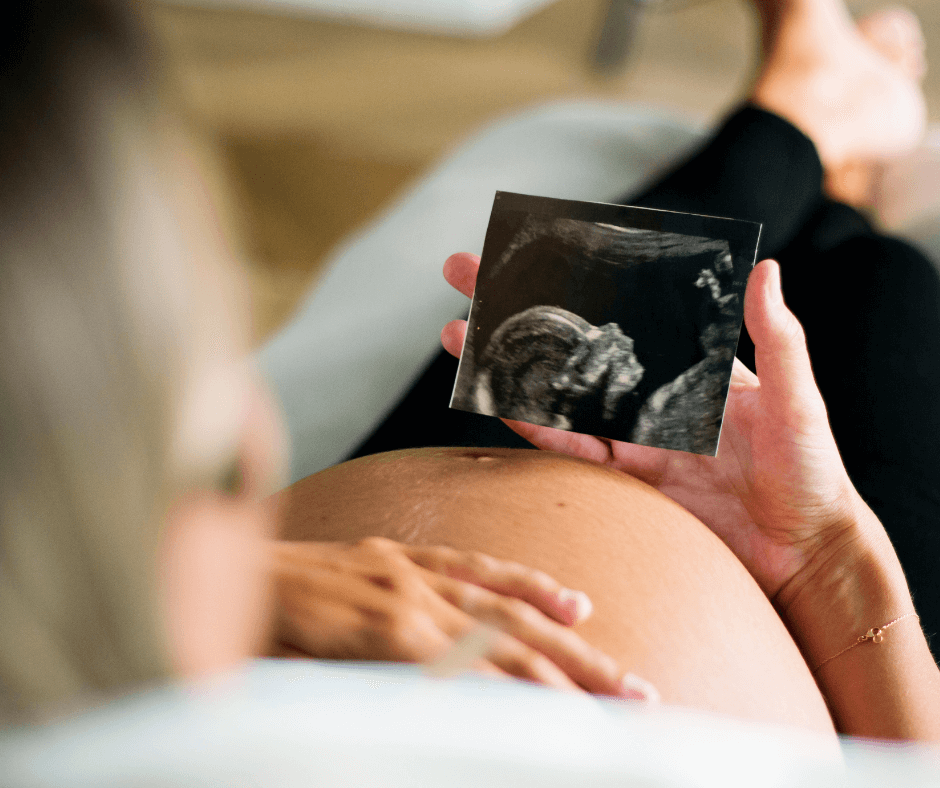
Omega 3 in pregnancy has many health benefits. During pregnancy omega 3 requirements on the body increase due to the growing foetus. This article discusses the benefits of omega 3, dosage and gives a full overview of this important essential fatty acid.
What are Omega-3 Fatty Acids?
Omega 3 fatty acids are a type of healthy fat that is an essential component of our diets. Omega 3 fatty acids cannot be made by our bodies and so we must obtain them in our diet. It comprises of 3 main types of fatty acid; alpha-linolenic acid (ALA), docosahexaenoic acid (DHA) and eicosapentaenoic acid (EPA).
Omega 3 in pregnancy: benefits and why it is important
Omega 3 is important during pregnancy for several reasons. Primarily, omega 3 DHA contributes to the normal brain and eye development of the foetus (1). Interestingly, it is specifically the omega 3 fatty acid named DHA that plays a central role in the development of the brain and eye. DHA is an essential component of cells that make up these structures. The benefits of Omega 3 DHA in pregnancy have been substantiated in studies that have shown a correlation between omega 3 intake and neurodevelopmental benefits for the baby (2). Omega 3 may also reduce the chance of a pre-term birth and low birth weight (3).
Omega-3: Effect on the Foetus
Omega 3 has many health benefits for the growing foetus. Omega 3 is recommended for the normal brain and eye development of the foetus. Studies have shown that babies of mothers that obtained the recommended dietary intake of omega 3 were less likely to have a low birth weight.
Is Omega-3 safe during pregnancy?
Omega 3 for pregnancy is safe and is in fact recommended by healthcare professionals due to its health benefits. It is important to choose an approved source of omega 3 in pregnancy, as some sources are not suitable.
Omega-3 rich foods for pregnancy
There are many omega 3 rich foods that are suitable and safe for consumption during pregnancy. Omega 3 rich foods for pregnancy include both plant and fish-based options.
Fish based options generally provide the highest omega 3 DHA and EPA content. During pregnancy consuming most species of fish is safe and considered a good source of omega 3 for mum and baby. The recommended dietary intake is two portions of fish weekly. If pregnant or planning to get pregnant it is recommended not to eat more than 2 portions of oil fish a week. It is also important not to eat shark, swordfish or marlin. This is because they contain high levels of heavy metals like mercury that can be harmful for the growing foetus (4).
Plant based options like flaxseed oil, walnuts and chia only provide the omega 3 fatty acid ALA. This is a less efficient source of omega 3 compared with DHA and EPA. Thankfully there is one plant-based omega 3 option that is high in DHA and EPA named marine algae, also known as algal oil. This plant-based omega 3 rich source is high in DHA and EPA making it the preferred choice in a vegan or vegetarian pregnancy. Marine algae also makes for a great choice in all expectant mums. Marine algae is heavy metal free and doesn’t have the fish taste that fish based oils have. It is also a great alternative if you have a fish allergy.
Algal oil, also known as marine algae, is an omega 3 source that is high in DHA and EPA. It has the added advantage of being free from heavy metal like mercury unlike some fish and fish oils. Algal oil is considered the best vegan omega 3 source in pregnancy due to its high DHA and EPA content. Other plant based sources like flaxseed oil only contain ALA. ALA has to be broken down into DHA and EPA to obtain the health benefits. This is an inefficient process and hence it is better to use a source of omega 3 in pregnancy that gives DHA directly.
Which Omega-3 Supplement to choose during pregnancy?
Omega 3 pregnancy supplements are recommended as it is difficult to obtain the recommended levels through diet alone. Omega 3 for pregnancy should contain a high level of the fatty acids DHA and EPA and be free from heavy metals. DHA specifically plays a role in the brain and eye development of the foetus. It is important to choose a safe and effective supplemental source of omega 3 in pregnancy.
When comparing algae vs fish oil omega 3 there are several key differences.
Firstly, algae omega 3 is plant based, making it suitable for both vegans and vegetarians. Algal oil omega 3, also known as marine algae, is the main food source of fish and is naturally high in omega 3. Fish are only high in omega 3 content because algae is their main food source.
Algae omega 3 is a more ethical and sustainable omega 3 compared with fish oil in pregnancy. Algal oil cuts out the need to use fish in the production of omega 3 oils. Algae omega is considered to contain a comparable level of DHA and EPA, when compared to fish oil. Algae has all the health benefits of fish oil; but has the added benefits of being heavy metal and pollutant free.
Cod liver oil, a fish oil high in omega 3, should not be taken during pregnancy as it contains vitamin A (retinol). Vitamin A can be harmful to the growing foetus. If using omega 3 supplements in pregnancy, and if it is combined with a multivitamin ensure that it is vitamin A free. Pregnancy supplements should contain betacarotene (natural form) which is converted by the body into vitamin A and is safe in pregnancy.
Omega 3 supplements in pregnancy that are fish oil based are sometimes not safe. There is a risk that they contain heavy metals like mercury that can accumulate in the fish over time.
Apokra’s vegan omega 3 supplement is a marine algae based omega 3. Apokra’s omega 3 oil is high in DHA and EPA. Unlike fish oils, it is free from heavy metals like mercury and is safe for use during pregnancy. Being a fish free omega 3 it doesn’t have the same fishy tasty as fish oils do and is a better tasting omega 3 option. Apokra’s algae omega 3 liquid, can easily be mixed into smoothie, add to breakfast bowls or yogurts for an omega 3 boost during pregnancy.
How much Omega-3 do I need during pregnancy?
You might ask yourself, how much Omega-3 should I take?
The daily recommended intake of omega 3 for pregnancy is 200mg of DHA plus the normal recommended daily intake of 250mg.
This daily intake is recommended by the European Food Standards Association (EFSA).
Maternal DHA intake contributes to the normal brain and eye development of the foetus. Beneficial effect is obtained with a daily intake of 200mg of DHA in addition to the recommended daily intake of 250mg of omega 3 fatty acids for adults.
All the health benefits of omega 3 are directly linked to the omega 3 fatty acid DHA. Omega 3 pregnancy supplements should be high specifically in DHA content.
In a healthy diet, women who are planning to be pregnant, pregnant or breastfeeding should have no more than 2 portions of oil fish a week. This is because pollutants from the fish can build up in the body and may affect the development of a baby in the womb (4). Marine algae is a good alternative as it does not contains these pollutants.
The benefits of omega 3 in pregnancy are clear. Omega 3 plays a vital role in the normal brain and eye development of the foetus. Omega 3 is recommended in pregnancy and should be obtained through a healthy diet and/or with a suitable pregnancy omega 3 supplement.
References:
- https://efsa.onlinelibrary.wiley.com/doi/epdf/10.2903/j.efsa.2011.2078
- https://www.ncbi.nlm.nih.gov/pmc/articles/PMC3046737/
- https://www.cochrane.org/CD003402/PREG_omega-3-fatty-acid-addition-during-pregnancy#:~:text=Increasing%20omega%2D3%20LCPUFA%20intake,baby%20with%20a%20low%20birthweight.
- https://www.nhs.uk/live-well/eat-well/food-types/fish-and-shellfish-nutrition/

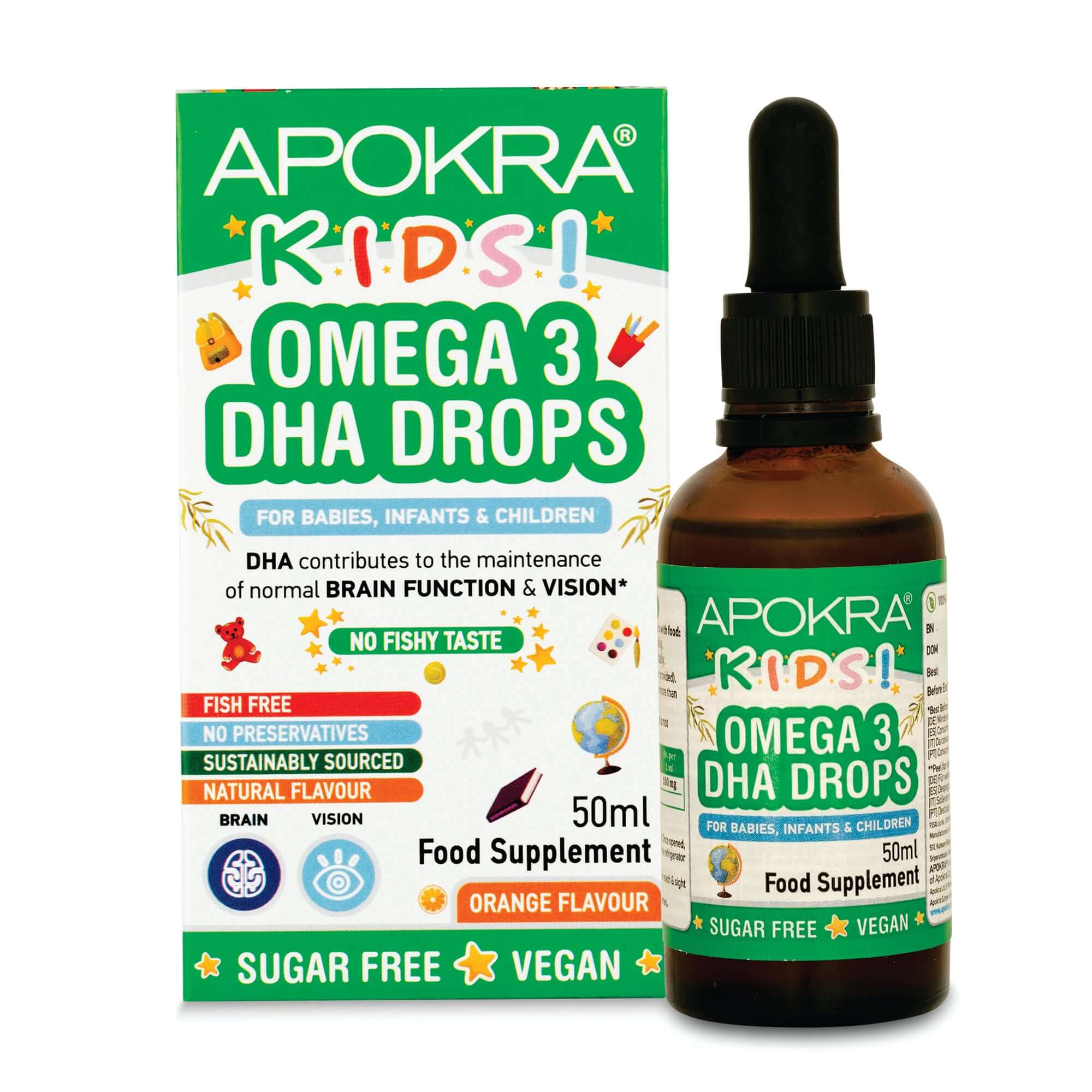
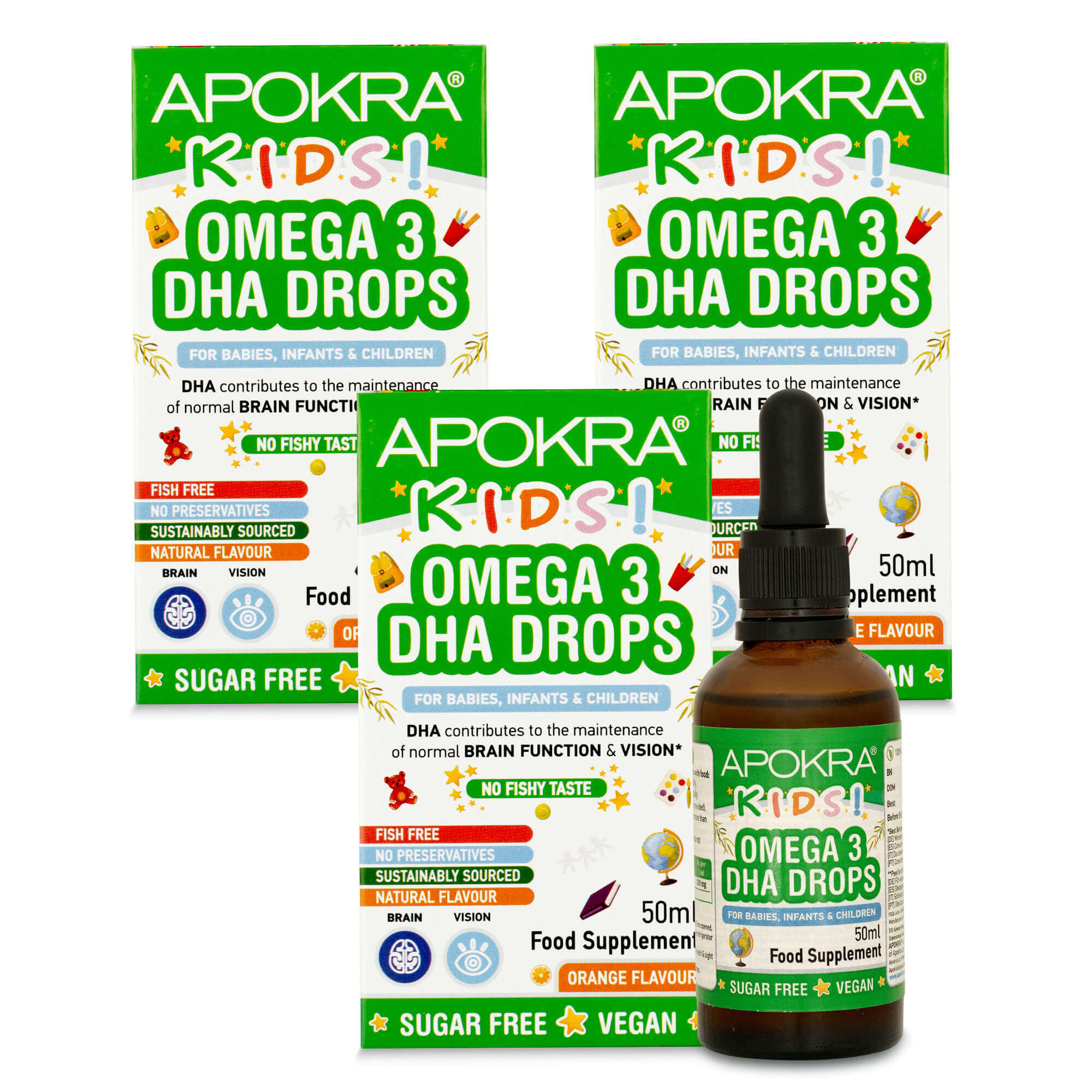
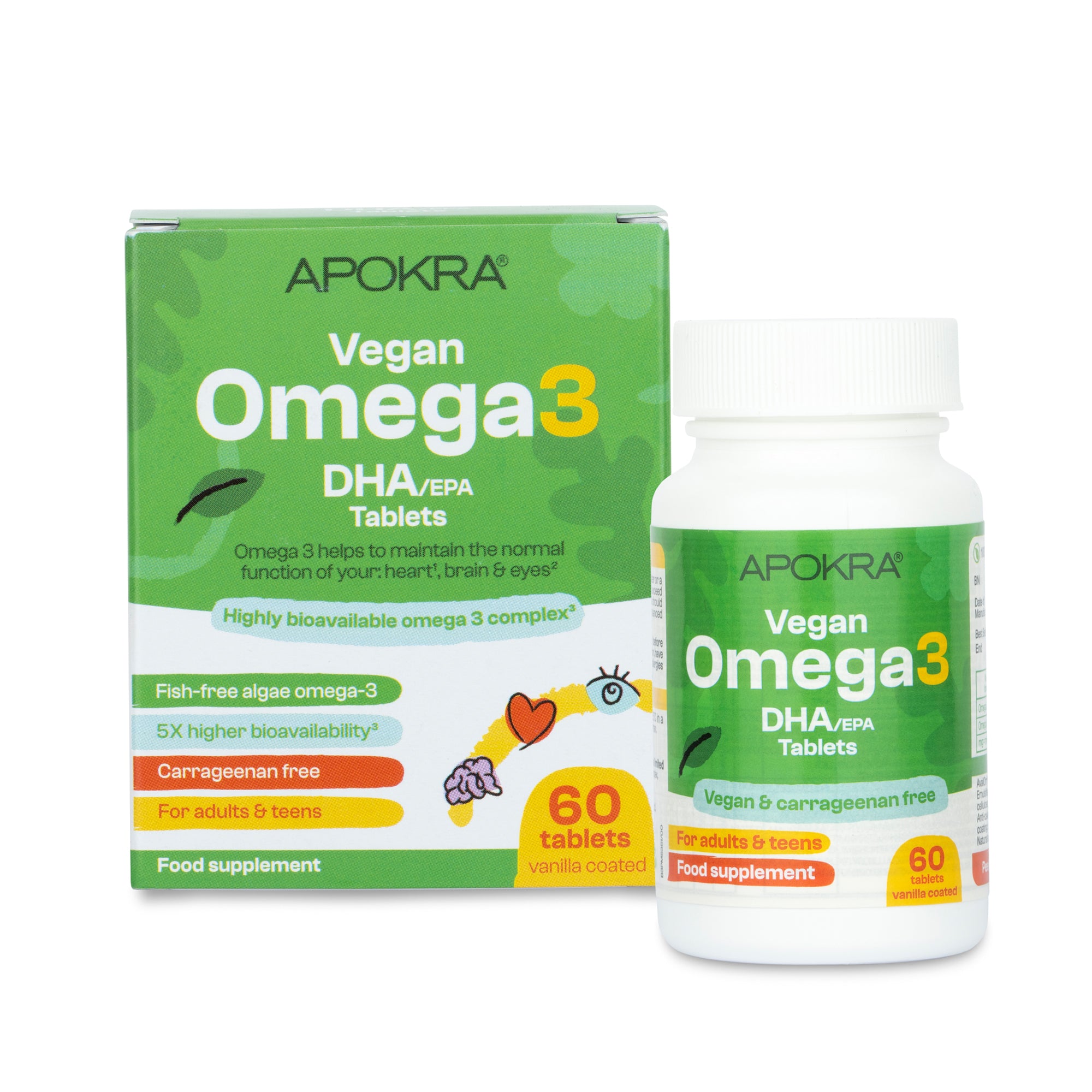
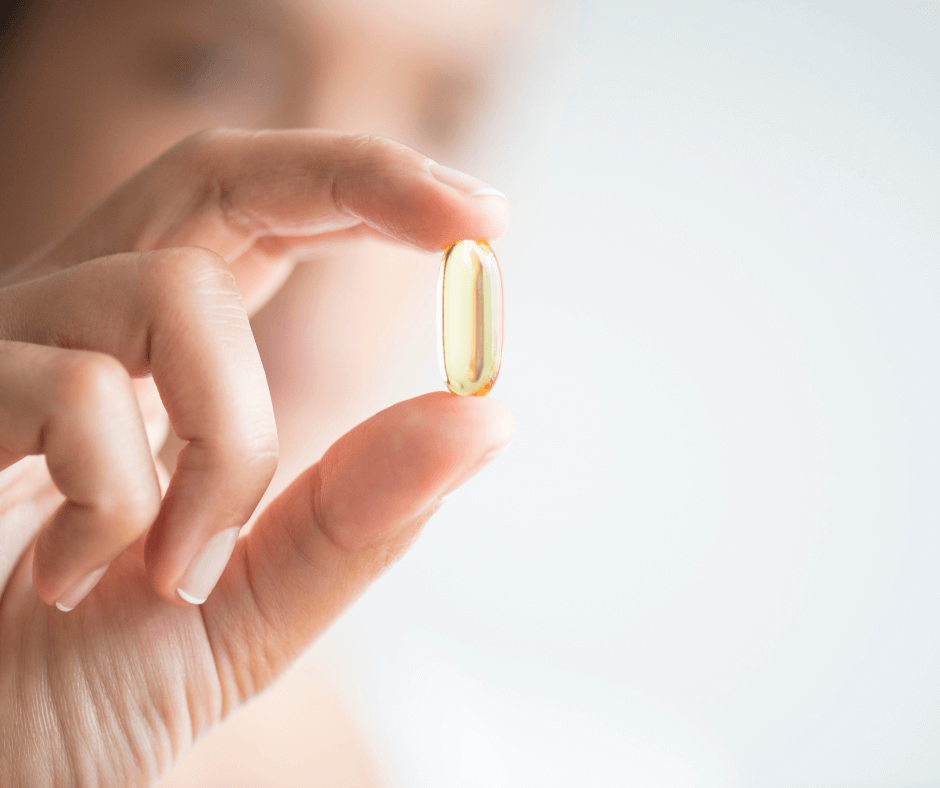


Comments
Leave a comment
Your Email Address Will Not Be Published. Required Fields Are Marked *